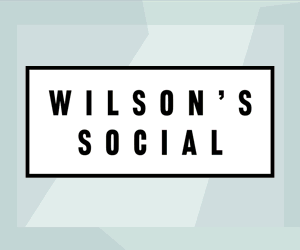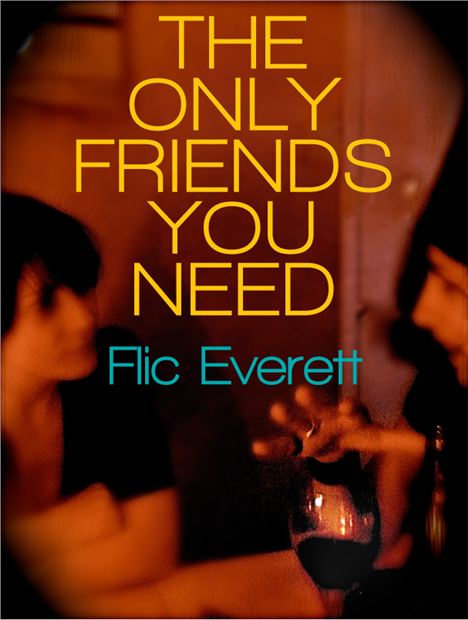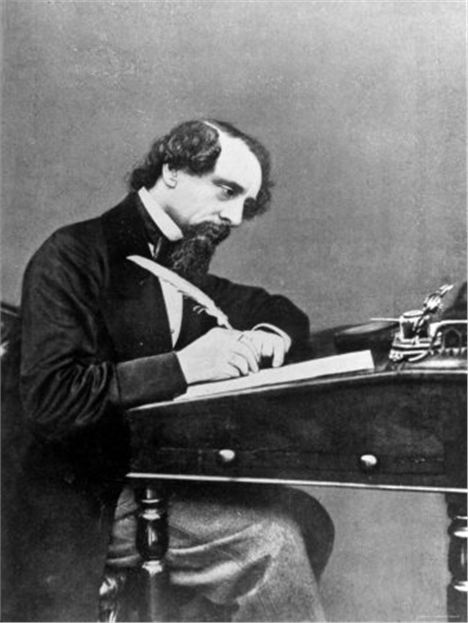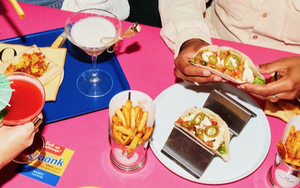ALL writers fantasise about writing their novel. It’s the holy grail for most journalists - a painful quest, endlessly planned, and discussed. There are a million writers’ groups, supportive videos, and ego-boosting memoir-writing websites
I sank my head on the keyboard, and cried for about four minutes, (time is money) then I sent the whole thing off to another literary agent with a good reputation.
But for all the encouragement, discussion, wine and residential courses in Skyros, actually writing the thing is as hard as it was back when novelists were obliged by law to die of TB by their 35th birthdays, and forced to use ink made from whatever black substance they’d coughed up.
What has changed, however, is how easy it is to actually get it published.
Ten years ago, if you wanted to get your glorious completed work into the public arena, you’d either embark on the traditional route of two year’s worth of begging letters, followed by bitter rejection- or you’d go the ‘vanity’ way, which meant forking out thousands of pounds to produce a pamphlet entitled ‘Arthur’s Memories Of World War II’ and hope the local bookshop might show pity.
Now, though, we have the mighty Amazon and its Kindle.
This is set to do for books what Myspace did for music. No wonder the print publishing industry is on its knees. Paperback sales of bestselling authors are down 40% on last year. Meanwhile, e-book sales are up by over 110%. The public has taken to the Kindle in a big way - and that means anyone who can spell, design a cover and summon up around 100 000 words from the depths of their soul can now self-publish on Amazon, and wait for the five-star reviews to roll in.
I had no intention of doing that two years ago, when I first began my novel, The Only Friends You Need.
It was reasonably intelligent, saleable chick-lit, and my agent was very encouraging.
“I love it,” she said, “Just write the whole book, then we’ll approach publishers.”
Between paying the mortgage and occasionally breathing, it took me another year. She suggested a few tweaks, to make it more saleable. She didn’t like one of the characters. I was quite fond of her, seeing as I’d made her up, but I did as she asked.
But so far, it’s going pretty well - and more importantly, my slaved-over first novel is being read, and enjoyed.
“Great,” she said. Then she went quiet, like a ticking bomb, for two months. Finally, I phoned her. “Ah,” she said. “Yeah. Print sales are in freefall, and no one’s taking a chance on a new author. So.”
I sank my head on the keyboard, and cried for about four minutes, (time is money) then I sent the whole thing off to another literary agent with a good reputation.
She loved it.
“There’s just a few tweaks,” she said.
So I tweaked back all the things I’d originally tweaked forwards. Then I waited till after Christmas. “I’m really sorry,” she said. “I’m just not taking on any new authors right now, because print sales are in freefa.....”
That was when I decided to do it myself.
A writer friend, Lucy, had just put her first novel on Kindle, and it was going brilliantly. This way, there was no advance or promotion- but there was also no agent taking 20%, no publisher taking another chunk, and no chance of having my precious work pulped when sales didn’t reach their 10,000 target. I wanted people to read it, not to spend another six months trying to persuade an agent or publisher to take a chance.
So, we spent an entire day photographing the cover (embarrassingly, it involved a teacup - I don’t know what I was thinking).
Then I sat up at 2am and realised it was rubbish, found an old snap of my best friend and her sister, and used that instead. And three days later, it was out there. I used to think if a book was good enough, it would find a real publisher - but now, I’m not so sure. It’s hard enough for big-brand authors to shift copies, let alone first timers.
Of course, it’s still early days for self-publishing. Bookshops and publishers will have to find a way to accommodate the tide of new authors. I expect to encounter mild sneering, and I suspect I won’t be paying off the mortgage with the profits.
But so far, it’s going pretty well - and more importantly, my slaved-over first novel is being read, and enjoyed. It may not be the five-figure publishing auction we all dream of- but it’s a whole lot better than shoving it into a forgotten drawer, and taking to drink.
You can examine, muse over or buy Flic Everett's book here.
You can follow the author on @fliceverett

















